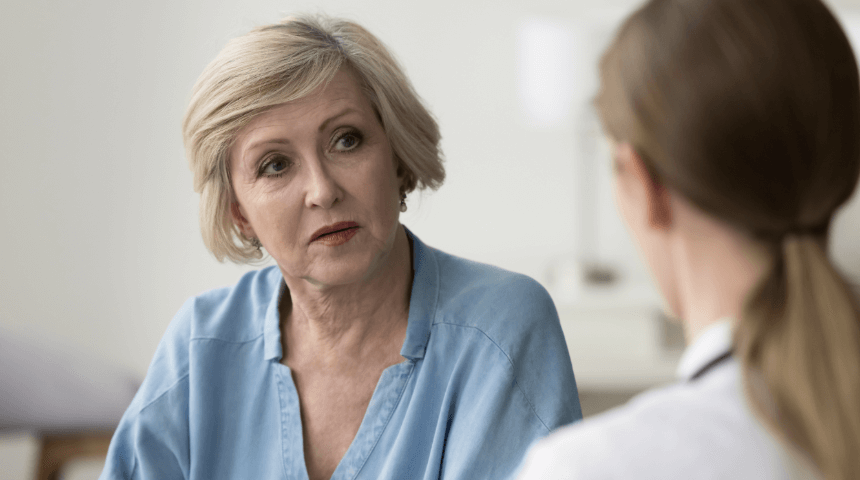You can now find out if you have HPV – which is responsible for more than 99% of cervical cancer cases -- by taking a test at home and mailing a sample to check for the human papillomavirus,
How HPV Test Works
Recently approved by the FDA, the kit comes with a wand to help you insert a cotton swab into your vagina. Once in, you twist and remove it, place the swab into a tube and mail it.
This test is similar to the at-home colon cancer screening test. The HPV test would alert you to the presence of the most dangerous strains of HPV that can cause cervical cancer, providing peace of mind without scheduling a doctor’s appointment.
FDA initially approved this home HPV test to be done every three years. If the test results are positive, you need to see your gynecologist for a Pap smear.
Don’t Skip Annual OB-GYN Exams
This at-home HPV test is an excellent tool to help track your health regarding HPV, but it doesn’t substitute the need to see your gynecologist. There are four other cancers that only a physical exam can diagnose:
- Uterine or endometrial cancer
- Ovarian cancer
- Vulvar cancer
- Vaginal cancer
Pap Smear vs. HPV Test
An HPV test and a pap smear both screen for cervical cancer, but the tests are different. A pap smear tests for abnormal cells on the cervix, which indicate that cell changes have occurred as a result of HPV exposure. In other words, HPV has already begun negatively affecting the body.
An HPV test detects the presence of the virus before it has caused any cellular abnormalities. If the HPV test results are positive, a pap smear will be conducted.
Pap Smear Recommendations
Recommendations for pap smear testing are based on age, health history and risk factors for cancer.
The American College of Obstetricians and Gynecologists joins the American Society for Colposcopy and Cervical Pathology and the Society of Gynecologic Oncology in endorsing the U.S. Preventive Services Task Forces cervical cancer screening recommendations:
For women under 21, there is no need for pap smear testing, even if sexually active.
From age 21 to 29, the recommendation is a pap smear test every three years.
From age 30 to 65, the recommendations are: a Pap smear every three years, a pap smear and an HPV test every five years – or HPV testing alone every five years.
Once you’re 65, there’s no need for screening after you’ve had three straight negative pap smears; two consecutive negative co-testing results, which combines an HPV test and a pap smear or two straight hrHPV test results within 10 years.
These recommendations apply to individuals with a normal cervix on a physical exam and no signs or symptoms of cervical cancer.
If you are at high risk of the disease, such as if you have previously received a diagnosis of a high-grade precancerous cervical lesion or have a compromised immune system, the recommendations are different.
HPV Vaccine
The HPV is recommended for all adults and young people. It’s approved for kids as young as 9 and recommended for women until 45 years old. For teens 15 years and younger, the vaccine is two doses. After age 15, the vaccine is administered in three doses.
Gynecologists highly recommend the vaccine. Once vaccinated, your risk of cervical cancer is extremely low.
After Getting the HPV Vaccine
Even if you have had the vaccine, you should still have a regular cervical cancer screening. There are 200 types of HPV, and the latest vaccine protects against nine. If your results test positive for HPV, your gynecologist’s office can genotype the strain to determine which one you have. Strains 16 and 18 are the highest risk for cancer. An additional seven types correlate to cancer.
Commit To Getting Tested
Many women are not currently following the recommended timelines for annual exams and cervical cancer screening tests. If you can’t commit to seeing an OB-GYN for an annual exam, taking an at-home HPV test is an alternative to help safeguard your health.
Choose to Stay in Touch
Sign up to receive the latest health news and trends, wellness & prevention tips, and much more from Orlando Health.
Sign Up





